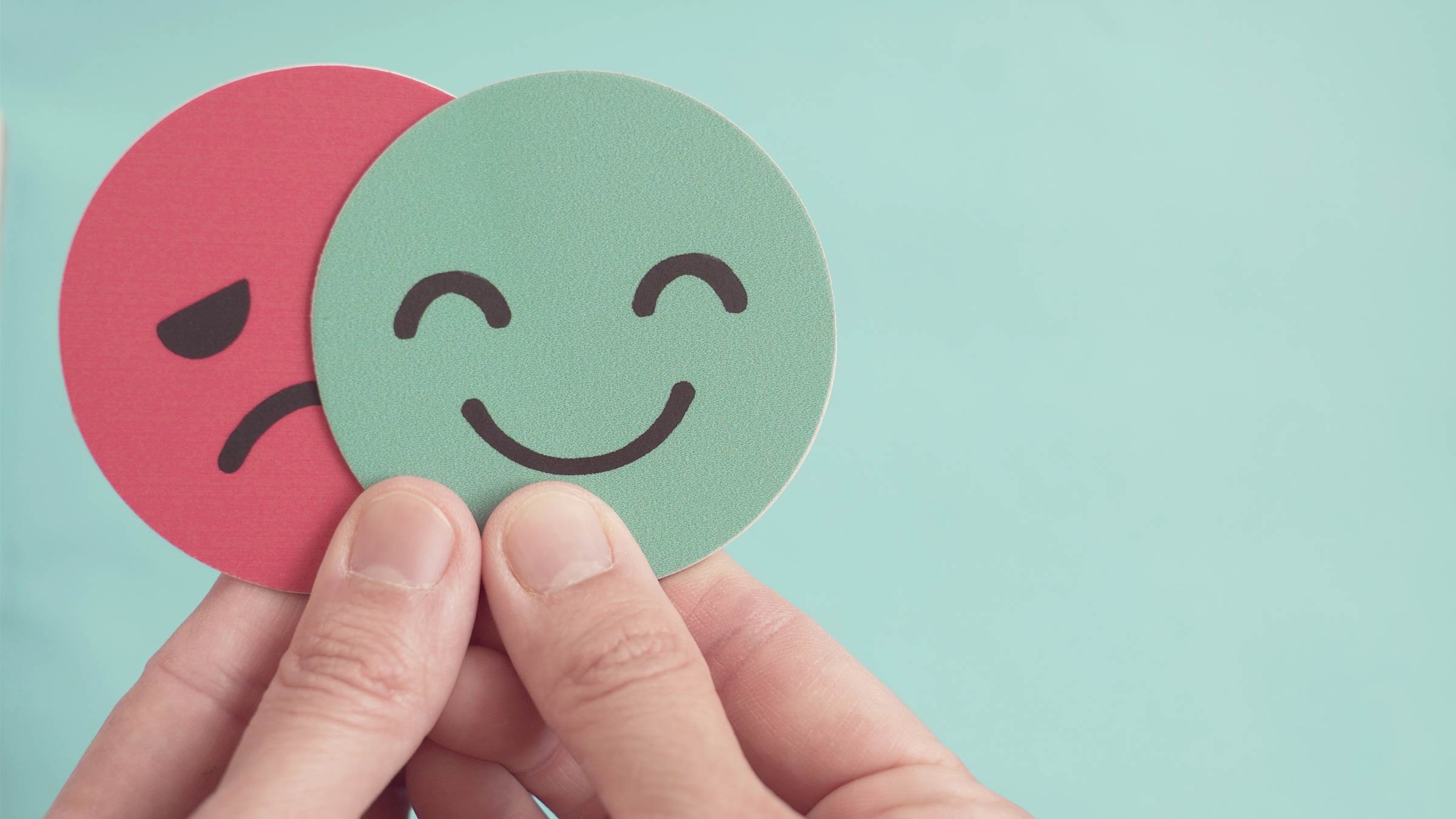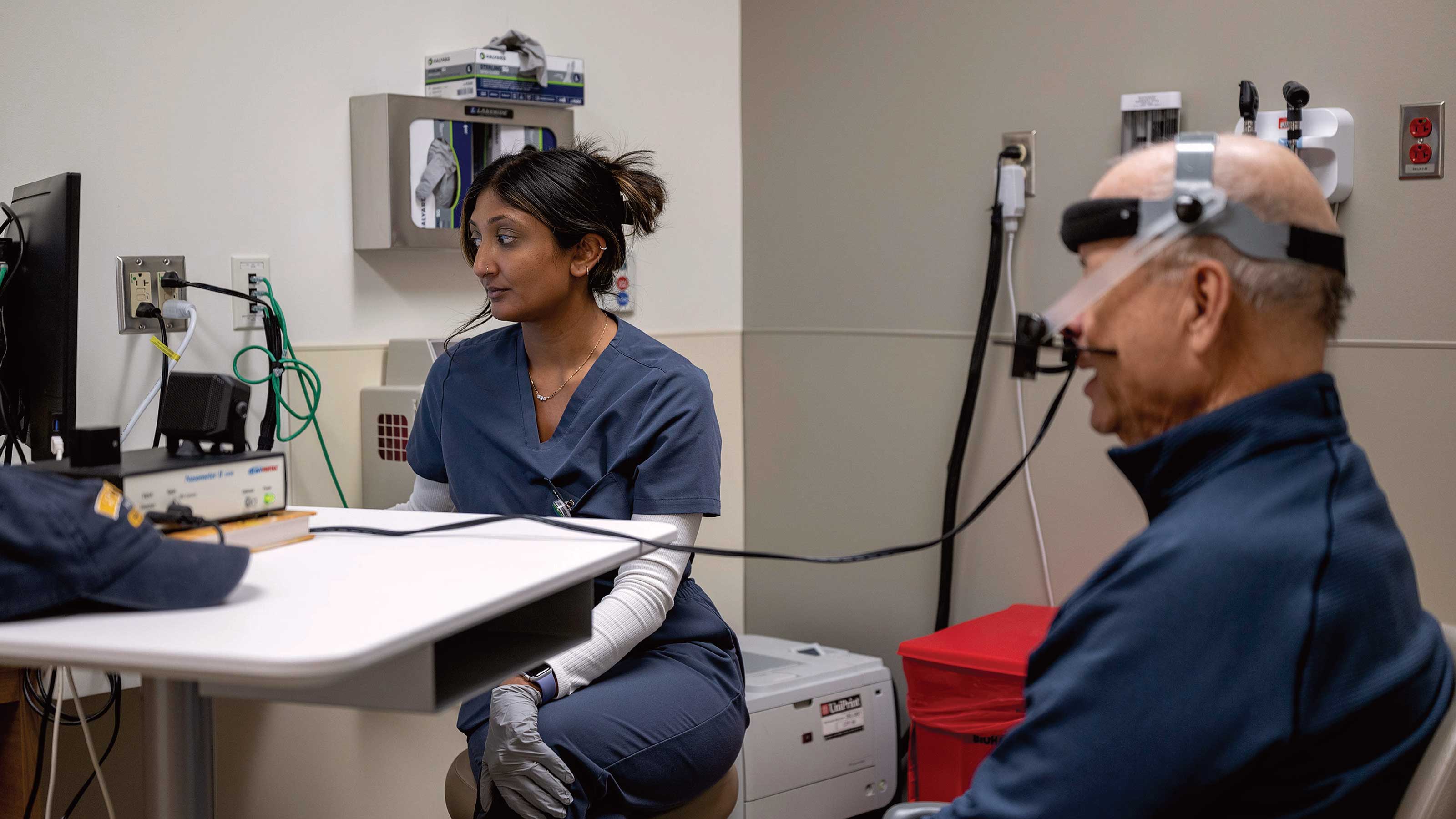
- Question What is bipolar disorder?
-
Answer
Bipolar disorder is a mental illness characterized by extreme mood swings that can include sustained periods of depression and sustained periods of an elevated mood, also known as mania, or the less-intense shifts, hypomania.
- Question What are the types of bipolar disorder?
-
Answer
There are two main types: bipolar 1 disorder and bipolar 2 disorder.
Bipolar 1 disorder: This type requires at least one episode of mania, but typically also includes episodes of depression and hypomania. In severe cases, the mania or depression may include psychosis, in which you feel, see or hear something that is not there.
Bipolar 2 disorder: This type had at least one major depressive episode and at least one hypomanic episode. Depressive episodes are often more common than hypomanic episodes. Bipolar 2 disorder is not a less severe version of bipolar 1 disorder.
- Question What are the symptoms of bipolar disorder?
-
Answer
In a manic episode of bipolar disorder, you may experience highs in which you may not feel the need to sleep for more than a couple of hours, for several days in a row. You may speak very rapidly, with one thought merging into the next. You may also feel invincible and take risks with money or your safety.
With hypomania, the highs are not quite as high, and they may not impair your ability to function. During the depressive episodes of bipolar disorders, you might feel down for days at a time, sleep more and have trouble with concentration or energy. If you have bipolar disorder, you might experience suicidal thoughts, which are considered a psychiatric emergency.
- Question What causes bipolar disorder?
-
Answer
The exact cause is unknown. Bipolar disorder tends to run in families. No one gene causes bipolar disorder, and even if your sibling or parent has bipolar disorder, that does not necessarily mean that you will develop bipolar disorder.
Bipolar disorder may also be caused by an imbalance of naturally occurring chemicals in the brain, called neurotransmitters.
These chemicals, which include serotonin, dopamine and norepinephrine, carry messages among neurons in the brain. In rare cases, some medical conditions can cause bipolar disorder such as multiple sclerosis, stroke or traumatic brain injury.
- Question How is bipolar disorder diagnosed?
-
Answer
A psychiatrist, psychologist or psychiatric nurse practitioner can diagnose bipolar disorder. To diagnose the disorder, the mental health professional will ask about the patient’s history of mood episodes and possibly do lab tests to rule out other illnesses that may be causing the symptoms.
- Question Can bipolar disorder be cured?
-
Answer
Bipolar disorder does not go away, but its symptoms can be managed with an individualized treatment plan.
- Question How is bipolar disorder treated?
-
Answer
If you have bipolar disorder, you are often prescribed mood-stabilizing or antipsychotic medication such as lithium or quetiapine.
Counseling is frequently recommended to help patients function at their best and learn to cope with the symptoms of bipolar disorder. Regular exercise, meals, sleep and practicing stress reduction techniques can all help you manage bipolar disorder.
- Question Does bipolar worsen with age?
-
Answer
If bipolar disorder is left untreated, you may experience more severe or more frequent periods of mania or depression. Alcohol and drug use can worsen the symptoms of bipolar disorder.

Compassionate help for mood disorders
Ohio State’s expert team manages mood disorders from diagnosis through treatment.
Learn more




